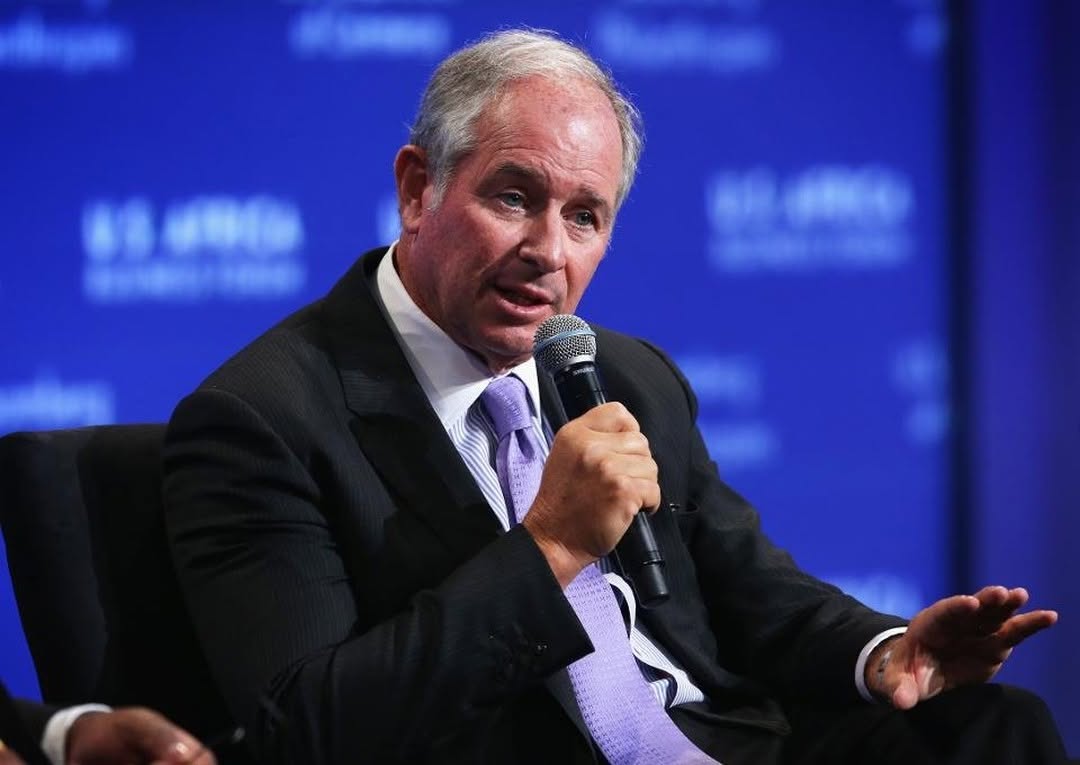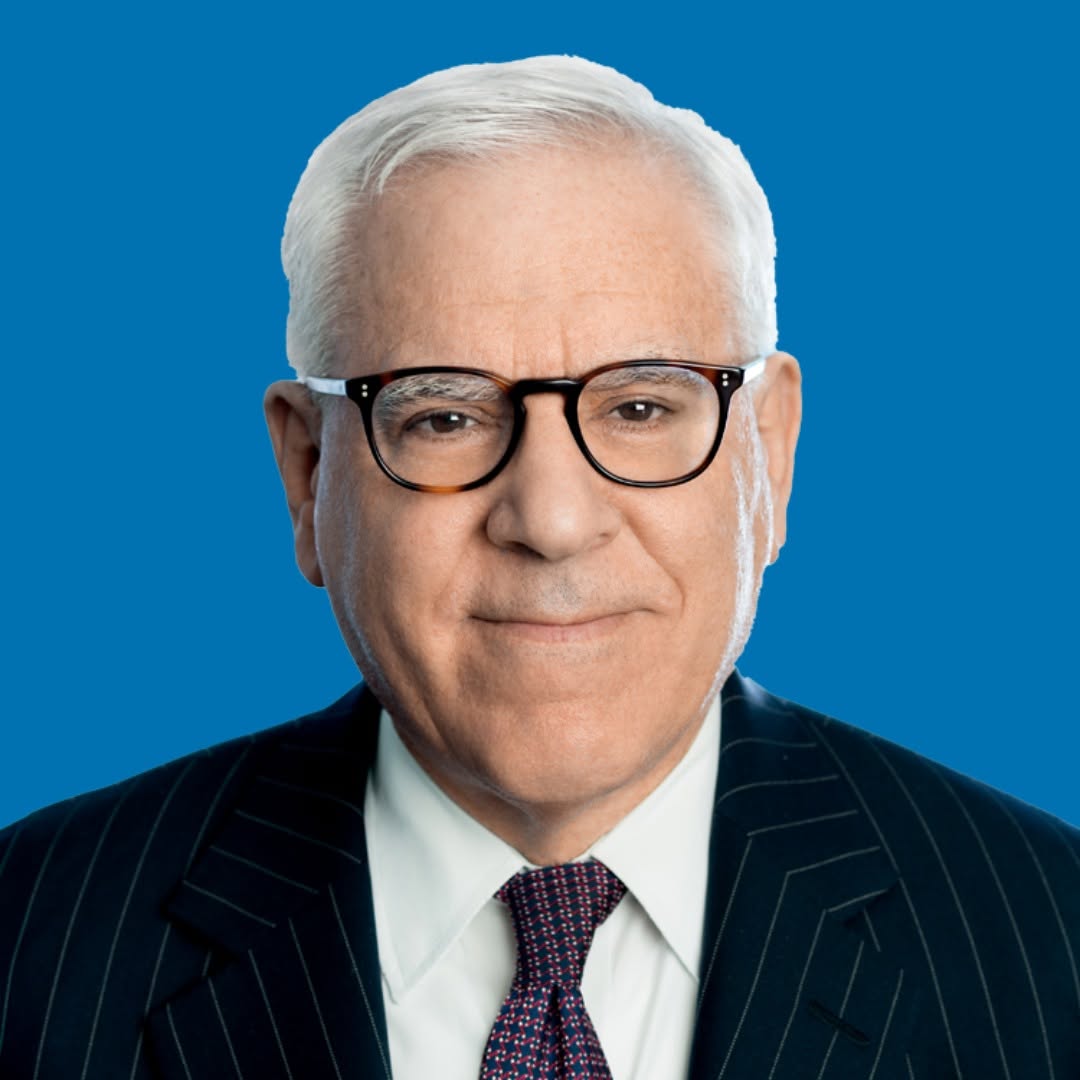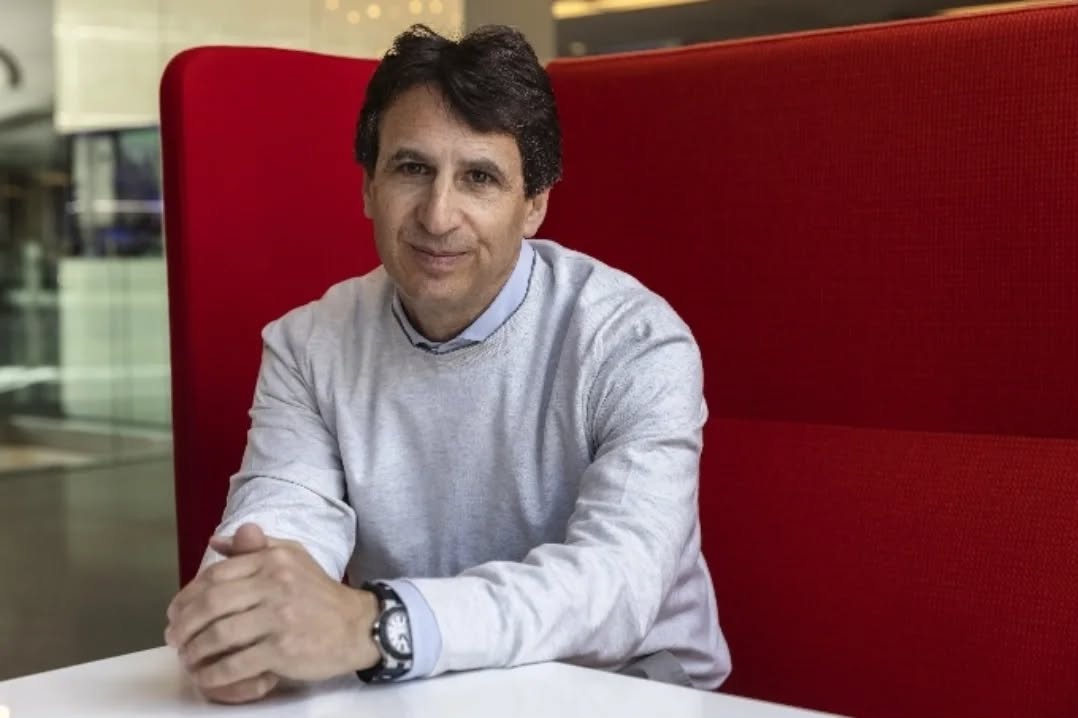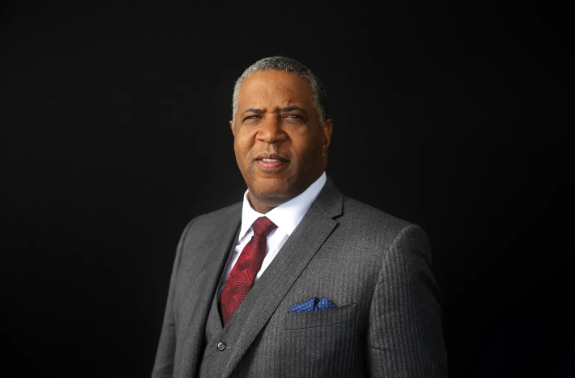The world’s richest private equity leaders have seen their wealth expand significantly in recent years, driven by unprecedented fundraising and soaring deal valuations. Stephen Schwarzman of Blackstone leads the list, followed by founders from KKR, Carlyle, Apollo, and Vista. This report explores how these billionaire investors built their fortunes and what their growing influence means for companies, workers, and markets.
The Billionaire Titans of Private Equity: The 10 Power Brokers Reshaping Global Business
Private equity has become one of the most powerful drivers of corporate direction and market influence. These firms acquire companies, restructure them, and sell them for profit, shaping sectors from healthcare and retail to energy and software. As deal volumes have surged and global investors have poured capital into alternative assets, the founders behind the largest private equity firms have accumulated vast wealth. They are not just financiers; they are strategic decision-makers affecting the way industries evolve and how companies compete. Here are ten of the most influential private equity billionaires today.
1. Stephen Schwarzman — Co-Founder, Blackstone
Estimated net worth: $37+ billion. Schwarzman has overseen the expansion of Blackstone into a global investment empire across real estate, infrastructure, credit, and technology. His strategic focus on institutional capital transformed Blackstone into one of the largest alternative asset managers in the world.

Stephen Schwarzman
2. Stephen Feinberg — Co-Founder, Cerberus Capital Management
Estimated net worth: $21+ billion. Feinberg is known for specializing in distressed assets and turnaround strategies. Cerberus has invested in defense, automotive, retail, and industrial firms, often stepping in during moments of financial instability.
3. Henry Kravis — Co-Founder, KKR
Estimated net worth: $9+ billion. Kravis helped pioneer the modern leveraged buyout, reshaping how companies could be acquired and restructured using debt. He remains one of the defining figures in private equity history.
4. George Roberts — Co-Founder, KKR
Estimated net worth: $9+ billion. Roberts worked alongside Kravis to grow KKR from an LBO innovator into a multi-strategy asset management firm spanning private equity, credit, infrastructure, and real estate.
5. Leon Black — Co-Founder, Apollo Global Management
Estimated net worth: $10+ billion. Known for bold bets on distressed companies and corporate carve-outs, Black played a major role in shaping Apollo into a dominant player in credit markets and private capital.
6. David Rubenstein — Co-Founder, The Carlyle Group
Estimated net worth: $4+ billion. Rubenstein is widely recognized not only for building Carlyle into a global private equity giant but also for his public-facing role in business leadership, philanthropy, and political conversation.

David Rubenstein
7. William Conway — Co-Founder, The Carlyle Group
Estimated net worth: $4+ billion. Conway led major investment strategies across real estate and infrastructure, helping establish Carlyle’s footprint across multiple continents and sectors.
8. Joseph Baratta — Global Head of Private Equity, Blackstone
Estimated net worth: $1+ billion. Baratta directs Blackstone’s private equity operations, influencing acquisition and growth strategies across industries including retail, manufacturing, hospitality, and healthcare.
9. Marc Rowan — CEO, Apollo Global Management
Estimated net worth: $6+ billion. Rowan steered Apollo toward long-term asset management and insurance-linked investment structures, reflecting a shift across the private equity industry toward more permanent capital sources.

Marc Rowan
10. Robert Smith — Founder, Vista Equity Partners
Estimated net worth: $7+ billion. Smith built Vista into a software-focused private equity leader. His structured approach to operational playbooks has influenced how technology companies scale and modernize.

Robert Smith
The Larger Stakes: Private Equity and the Future of Corporate Power
Private equity now owns and controls businesses that employ millions of workers globally. Its influence affects costs, strategy, wages, and consumer experience. The concentration of economic control has raised questions about transparency, debt exposure, and the long-term sustainability of leveraged acquisition models. Harvard Law professor John C. Coates notes: “Private equity has become a dominant actor in corporate America, yet it operates under different transparency and governance expectations than public companies.” According to analysis reviewed by CEO Today, CEOs increasingly find that their growth strategies must align with private capital expectations, where timelines and returns are tightly defined and performance standards are high.
Conclusion: The Age of Private Capital Sovereignty
The private equity billionaires listed above represent more than personal wealth; they symbolize a new structure of corporate ownership and economic power. Regulatory scrutiny around carried interest taxation, antitrust considerations, and private financial transparency is rising, yet the influence of private capital continues to expand. The era of private equity power is not slowing—it is accelerating, redefining how companies operate and who ultimately controls economic outcomes.













